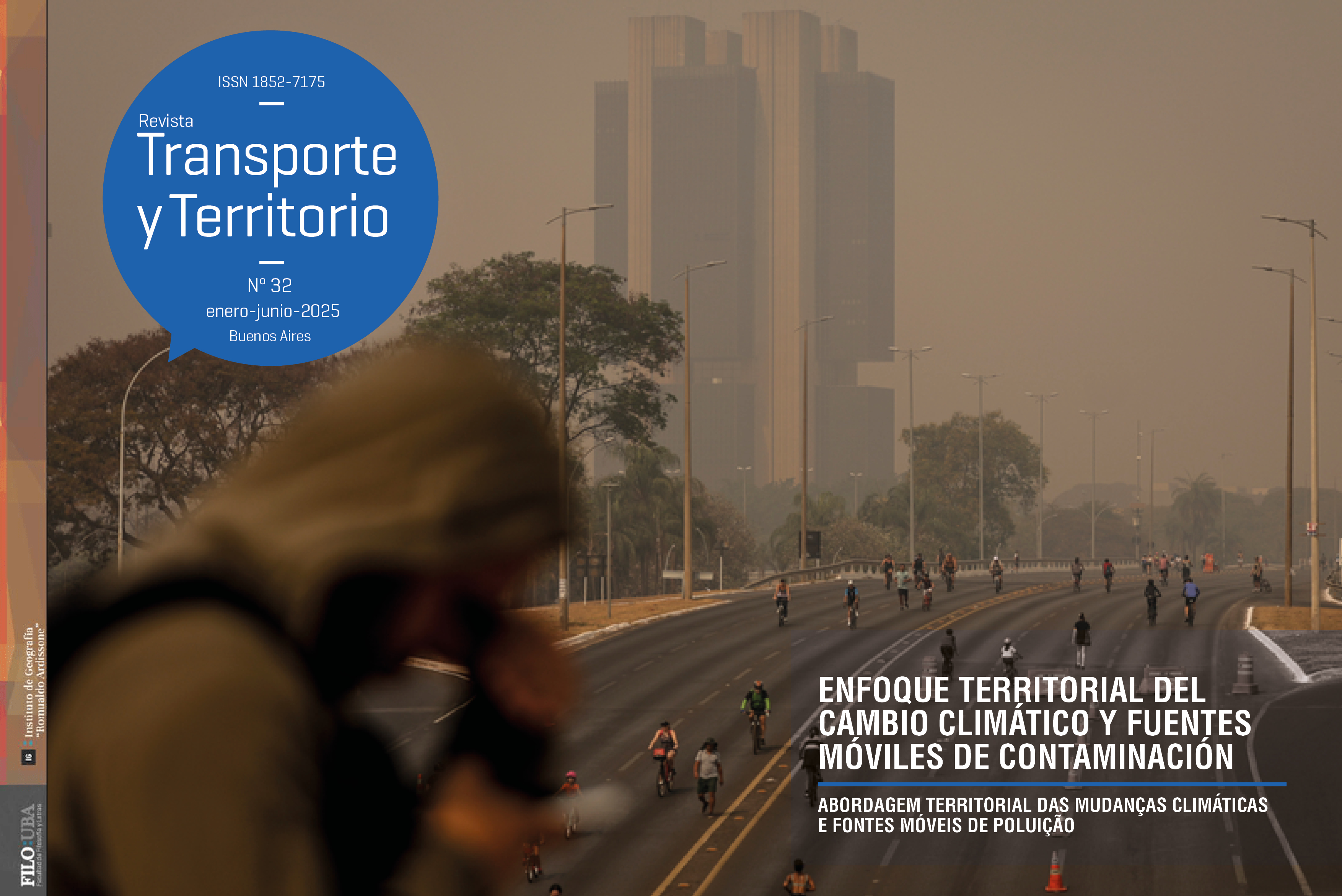Justiça climática nos planos de ação climática: uma análise do setor de transportes
Resumen
Para hacer frente a los desafíos climáticos, los municipios brasileños han estado elaborando sus Planes de Acción Climática (PLACs). Sin embargo, no existe una estructura normativa o metodológica estandarizada que oriente la formulación de estos planes, lo que da lugar a enfoques heterogéneos y, en muchas ocasiones, desalineados con los principios fundamentales de la justicia climática. La ausencia de criterios unificados dificulta la evaluación de la adecuación de los PLACs en el contexto del transporte urbano, un sector crítico tanto en términos de emisiones de gases contaminantes como de impactos socioambientales. El desafío es complejo, ya que aún es necesario garantizar que la carga del cambio climático no recaiga de manera desproporcionada sobre la población más vulnerable. Por ello, el principal objetivo de este artículo es proponer un índice que permita identificar la adecuación de los PLACs en la búsqueda de justicia climática en el ámbito del transporte. El índice propuesto puede orientar a los tomadores de decisiones en la evaluación de la efectividad de las medidas adoptadas y en la posible implementación de nuevas estrategias. Para ello, se analizaron los contenidos relacionados con el transporte en los PLACs de diez ciudades brasileñas. Además, se jerarquizaron estrategias destinadas a mejorar la justicia climática en el sector del transporte mediante un análisis multicriterio. Estas estrategias incluyen: reducción de emisiones, acceso a oportunidades, educación y participación social, desarrollo de sistemas de transporte resilientes, implementación de infraestructura sostenible y monitoreo de la calidad del aire. Se aplicó un cuestionario a especialistas en la materia para determinar el peso de cada medida y estrategia. Las estrategias predominantes en los PLACs incluyen la ampliación de la flota de transporte público con vehículos eléctricos o de bajas emisiones, así como la expansión y mejora del transporte público colectivo y activo. Los resultados indicaron que la medida de mitigación que más contribuye a la justicia climática es la incorporación de aspectos socioculturales y la participación social. Por otro lado, entre las medidas de adaptación, la priorización de la infraestructura sostenible resultó ser la más relevante. Finalmente, los municipios de Río de Janeiro (0,737) y João Pessoa (0,632) presentaron los índices más altos.Descargas
Derechos de autor 2025 Marina Soriano, Verônica Teixeira Franco Castelo Branco

Esta obra está bajo licencia internacional Creative Commons Reconocimiento 4.0.

1.jpg)

3.png)























